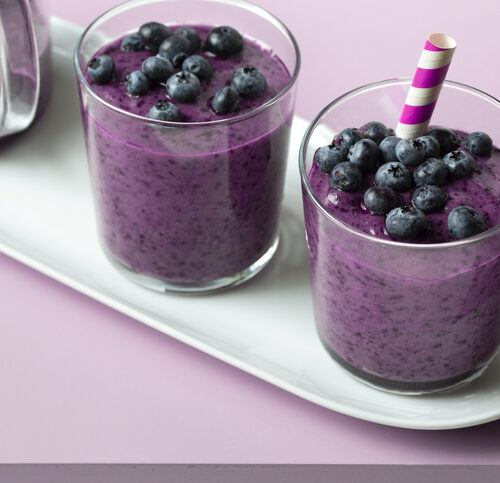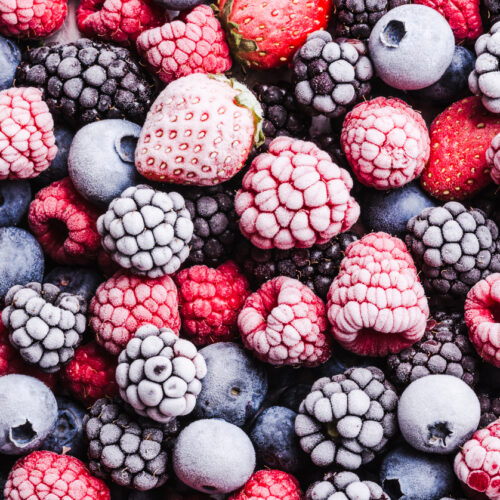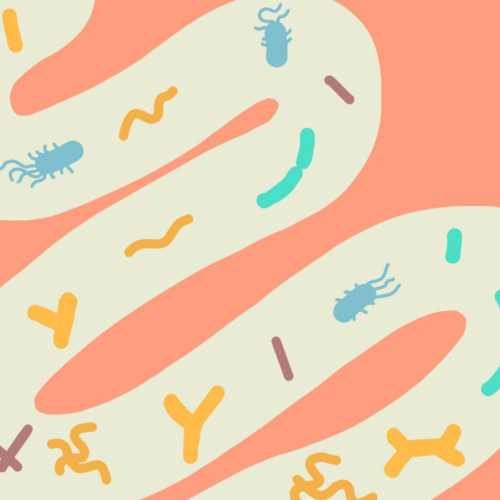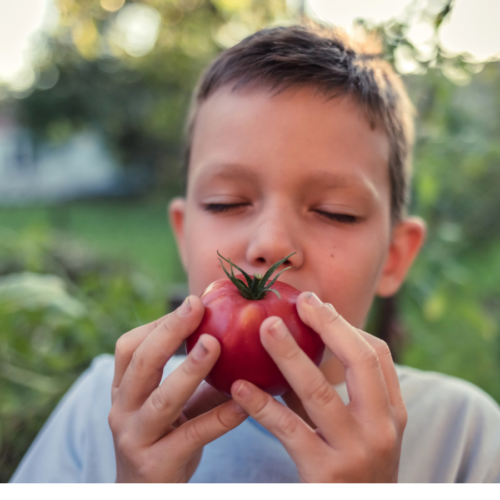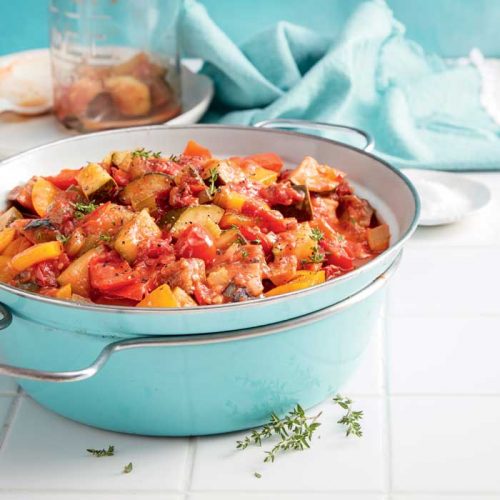
Senior nutritionist Rose Carr answers your questions about sugar and fat.
Q. When given the choice, should I choose low fat or low sugar? I’m a label-reader, and when I buy muesli, yoghurt or muesli bars, I often find one brand seems high in fat and another contains less fat but more sugar.
A. This depends on the source of the fat or sugar. For sugar, fruit may be the source in foods like muesli, muesli bars and yoghurt, and milk is also a source of sugar in yoghurt. However, sugar may be added as well. The nutrition information won’t tell you the source of the sugar, but look at the ingredients list. Ingredients are listed in weight order, so if fruit is first or second in the list, you know most of the sugar comes from fruit, which makes the product a better choice than one which has sugar as a main ingredient.
For fat, if the source is from animal products – meat, poultry, dairy – then aim for lower fat, as animal fats have a high proportion of saturated fat and you want to limit this. If, however, the fat is from a plant source – nuts, seeds and their oils – then as long as it’s not too high in energy (kilojoules) for you, don’t worry about it, as these fats are good for us. The exceptions to this are coconut oil and palm oil. These are high in saturated fats. In practice, when buying muesli, yoghurt or museli bars, it may be simplest to compare the level of saturated fat, and aim to limit that.
Q. Should I try to avoid fat and sugar as much as possible?
A. No; both fat and sugar have a place in our diets; we just need to understand that place.
Not only do fats play an important role in the taste and texture of foods, they’re also essential to our health. Our bodies make a whole range of fatty acids from the fats in food, for use in our cells. We also must get omega-3 and omega-6 fats from food as our bodies need them but cannot make them. The fat-soluble vitamins A, D, E, and K are also delivered to us in the fats in food.
There are two reasons fat gets a bad rap. Fat is very high in energy compared to carbohydrate and protein: one gram of fat has 38 kilojoules versus 17 kilojoules for one gram of protein or carbohydrate. So while we need some fat, if we overdo it we can easily gain weight. The second reason is, not all fats are equal. Saturated fats – from meat, poultry and dairy foods – have been shown to be strongly linked to heart disease. So we’re encouraged to limit these by using lean meat and low-fat dairy. The unsaturated fats – from plant sources – are good for us (as long as we don’t have so much of them we gain excess weight).
Sugar is there to make our food taste sweet, and it has an important role in food processing and preservation. While you can avoid added sugars in food and drinks, you would be missing out if you avoided all sugars, as some foods, like fruits and diary products, naturally contain sugars. Sugar is not bad in itself, but we are advised not to overdo the added sugars in our diets. If we get in the habit of having everything sweetened it’s another easy way to add excess kilojoules (and rot our teeth at the same time).
www.healthyfood.com


